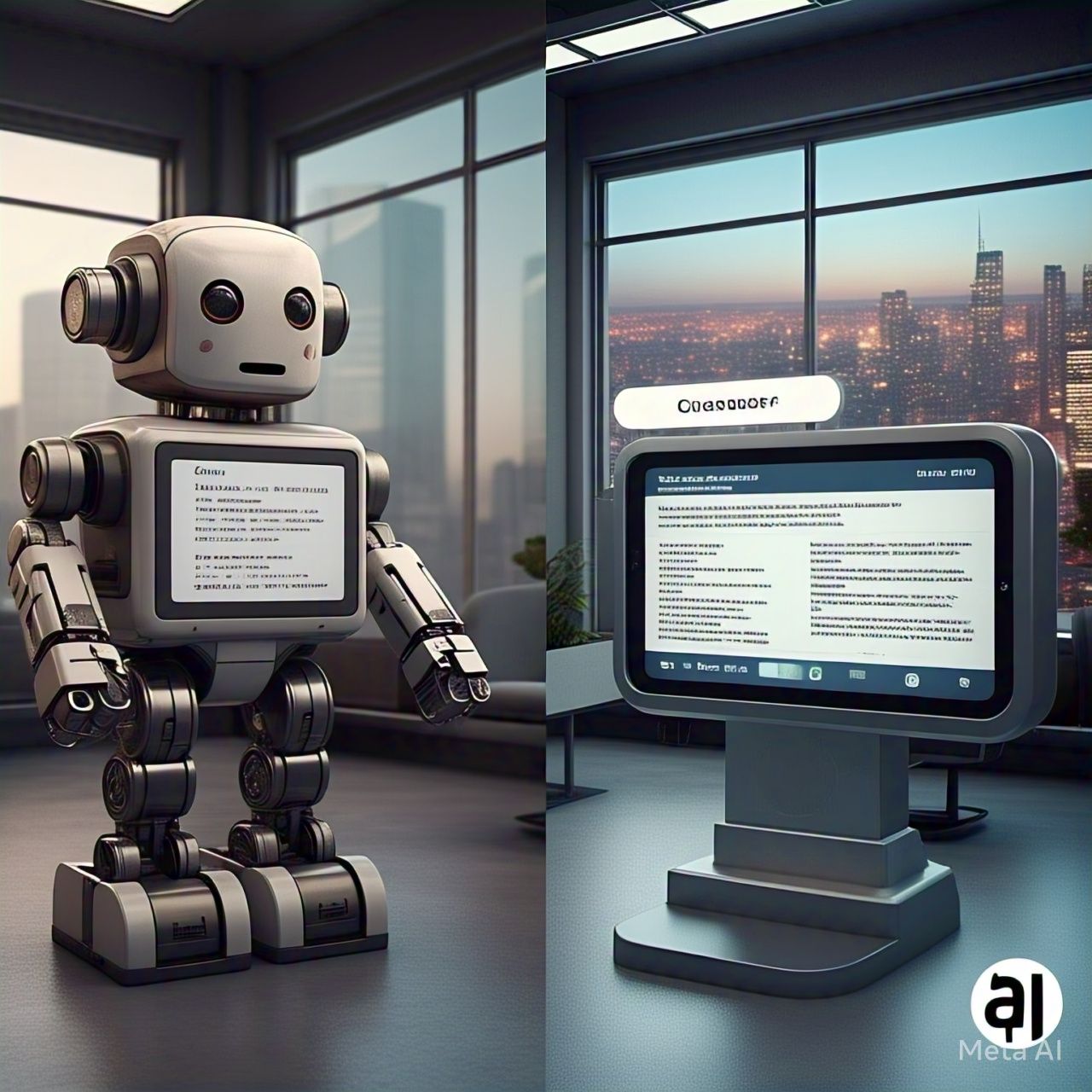Table of Contents
- Introduction
- Why AI Regulation is Necessary
- Key Risks of Unregulated AI
- Global AI Regulation Efforts
- The Role of Ethics in AI Governance
- AI in Critical Sectors: Healthcare, Finance, and Defense
- Data Privacy and AI: Protecting Personal Information
- Bias and Fairness: Ensuring AI is Just
- The Role of AI Watchdogs and Regulatory Bodies
- Challenges in AI Regulation
- AI and International Collaboration
- Future of AI Regulation
- Conclusion
- FAQs
Introduction
Artificial intelligence (AI) is revolutionizing industries, from healthcare and finance to security and defense. However, with its rapid advancement comes significant risks, such as bias, loss of privacy, misinformation, and even potential dangers to human life. To mitigate these risks, governments worldwide are stepping in with regulatory frameworks aimed at ensuring AI operates safely and ethically.
This article explores how governments plan to regulate AI for human safety, the challenges they face, and what the future holds for AI governance.
Why AI Regulation is Necessary
AI is a powerful tool, but without regulation, it can pose serious threats, including:
- Unethical Use – AI-powered surveillance, misinformation, or deepfake technology can be exploited.
- Bias and Discrimination – AI trained on biased data can reinforce social and economic inequalities.
- Job Displacement – Automation could eliminate millions of jobs, leading to economic instability.
- Security Risks – AI-driven cyberattacks and autonomous weapons could threaten global security.
- Lack of Accountability – Without regulations, companies may use AI irresponsibly with no legal consequences.
Government regulations aim to establish boundaries that protect human rights while allowing innovation to flourish.
Key Risks of Unregulated AI
| Risk Type | Potential Consequences |
|---|---|
| Data Privacy Violations | AI-powered surveillance and data tracking infringe on privacy. |
| Misinformation and Deepfakes | AI-generated content can spread false narratives. |
| Bias and Discrimination | AI systems can reinforce racial, gender, and socioeconomic biases. |
| Autonomous Weapons | Unregulated AI in defense could lead to lethal, unchecked decisions. |
| Cybersecurity Threats | AI-driven hacking tools could bypass security defenses. |
Global AI Regulation Efforts
Governments worldwide are taking steps to regulate AI, with several key initiatives in place:
1. The European Union (EU)
The EU’s Artificial Intelligence Act proposes a risk-based classification system for AI applications:
- Unacceptable Risk – Banned AI systems (e.g., mass surveillance, social scoring).
- High Risk – Strictly regulated AI (e.g., medical AI, hiring algorithms).
- Limited Risk – Transparency obligations for AI-generated content.
- Minimal Risk – Most AI applications (e.g., chatbots) face minimal regulation.
2. The United States (US)
The US focuses on sector-specific AI regulations:
- AI Bill of Rights – Establishes guidelines for ethical AI use.
- Federal Trade Commission (FTC) AI Oversight – Prevents deceptive AI practices.
- National AI Initiative Act – Funds AI research and safety.
3. China
China has implemented AI regulations prioritizing national security and social stability:
- AI Algorithm Regulations – Mandates transparency in recommendation algorithms.
- Social Media AI Censorship – AI-generated content must align with state policies.
- Facial Recognition Laws – Limits misuse of biometric AI.
4. United Kingdom (UK)
The UK has adopted a pro-innovation approach:
- AI Ethics Framework – Focuses on fair, transparent AI development.
- Regulatory Sandboxes – Allows AI testing under controlled environments before wider deployment.
5. Other Global Efforts
- OECD AI Principles – 42 countries have agreed on AI guidelines promoting fairness and accountability.
- UNESCO AI Ethics Recommendations – Global AI governance framework emphasizing human rights.
The Role of Ethics in AI Governance
Ethical AI regulation is crucial in:
- Preventing AI Bias – Ensuring fair training data and unbiased algorithms.
- Ensuring AI Transparency – Making AI decision-making understandable to humans.
- Protecting Human Autonomy – AI should assist, not replace, human decision-making.
- Holding AI Developers Accountable – Companies must be responsible for AI-related harm.
AI in Critical Sectors: Healthcare, Finance, and Defense
AI regulation is especially crucial in sectors where mistakes can have severe consequences:
- Healthcare – AI diagnosing diseases must be thoroughly tested for accuracy and safety.
- Finance – AI managing investments must follow anti-fraud and transparency regulations.
- Defense – Autonomous weapons must be strictly controlled to prevent unlawful use.
Governments are enforcing strict AI standards to ensure safety in these fields.
Data Privacy and AI: Protecting Personal Information
AI’s ability to collect and analyze vast amounts of data raises concerns about:
- Mass Surveillance – AI-powered facial recognition could be used for invasive tracking.
- Data Exploitation – Companies could misuse AI-driven insights for profit.
- Lack of Consent – Users may be unaware of AI monitoring their activities.
Regulations like the GDPR (General Data Protection Regulation) in the EU set strict limits on AI’s access to personal data.
Bias and Fairness: Ensuring AI is Just
AI can unintentionally reinforce societal biases, making fairness crucial:
- AI Hiring Bias – AI algorithms trained on biased data may unfairly filter job candidates.
- Facial Recognition Disparities – Some AI systems have higher error rates for certain racial groups.
- Loan and Credit Decisions – AI may disadvantage minority groups due to biased historical data.
Governments are pushing for AI fairness laws to mitigate these issues.
The Role of AI Watchdogs and Regulatory Bodies
Independent AI oversight agencies are emerging, such as:
- The EU AI Office – Ensures compliance with AI regulations.
- US National AI Advisory Committee – Advises on AI safety and innovation.
- China’s Cyberspace Administration – Regulates AI to align with national policies.
These bodies enforce AI ethics and monitor corporate AI practices.
Challenges in AI Regulation
AI regulation faces several obstacles:
- Keeping Up with Rapid Advancements – AI evolves faster than regulations can be implemented.
- Balancing Innovation and Safety – Overregulation could stifle AI progress.
- Global Coordination – Countries have different AI policies, creating regulatory conflicts.
- Defining AI Accountability – Who is responsible if AI causes harm?
AI and International Collaboration
Governments are working together to create unified AI standards:
- Global AI Safety Summits – Bringing nations together to discuss AI risks.
- Cross-Border AI Ethics Agreements – Ensuring AI regulations align internationally.
- Joint Research Initiatives – Sharing AI safety research across borders.
Future of AI Regulation
Governments are likely to implement:
- Stronger AI Licensing Laws – Requiring companies to obtain approval before deploying high-risk AI.
- AI Transparency Mandates – AI systems must clearly explain their decisions.
- More Ethical AI Research Funding – Investing in safe AI development.
Conclusion
As AI continues to shape the future, governments must ensure its development remains ethical, safe, and beneficial to humanity. While challenges exist, regulations, oversight bodies, and international cooperation will play a key role in securing AI for the greater good.
FAQs
1. Why do we need AI regulation?
To prevent unethical use, bias, security risks, and loss of human autonomy.
2. Which country has the strictest AI regulations?
The European Union has the most comprehensive AI laws under its Artificial Intelligence Act.
3. Can AI ever be fully controlled?
While AI can be regulated, ensuring full control remains a challenge due to its rapid evolution.
4. How does AI regulation impact businesses?
Companies must ensure AI compliance, adding accountability but potentially slowing innovation.
5. What happens if AI is misused?
Without regulation, AI misuse can lead to security threats, misinformation, and societal harm.




